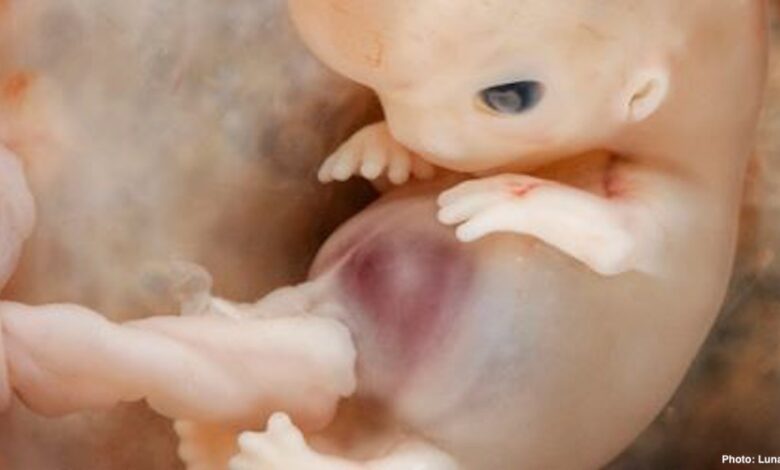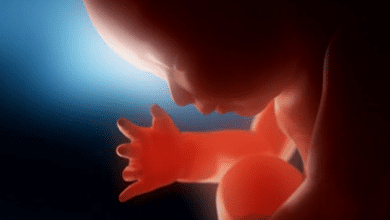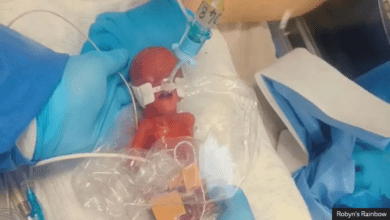Irish abortion midwife: ‘The hardest thing is seeing the little fetus… they are formed so well’

(Pro-Life Campaign) A midwife who helped perform abortions under Ireland’s abortion regime said that “morally and ethically the hardest thing is to see the little fetus, you know, at the end of it all … they’re formed very well, like even small nails. and, you know, it’s just unbelievable the formation even at, you know, coming up to that twelve-week mark.”
He also offered this observation: “Usually, their little hands are just under their chin, or their hands may be across their chest … On a personal level, you just have to try and forget about it as quickly as possible you, but there are some cases that you don’t forget, you know, like others and especially babies who are, you know, all older babies and babies who are, you know, almost developed in every way, you know, so it can be very difficult.”
The midwife mentioned above was one of thirteen abortion providers recently interviewed about their experiences of performing terminations, for research carried out by academics in UCD’s schools of nursing and perinatal health. The interviews featured six GPs, three midwives, two obstetricians and two nurses.
One of the nurses interviewed said: “In theater during the termination … you kind of have to take yourself out of the room a little bit out of your mind because I think if I think about it too much, I get upset, the physically imagining what’s actually going on.”
It is unfortunate that abortion advocates go to such lengths to hide information about the stages of development of an unborn child from women experiencing unplanned pregnancies. However, this is something that abortion providers openly discuss and discuss.
Most of the interviewees referred to moments when they questioned the morality of what they were doing. None of the interviewees, however, expressed a desire to stop the practice of abortion.
One of the midwives interviewed said she was content to be involved in abortions but said: “It’s funny, my own personal belief in termination is that I’m not going to have one, I don’t agree with it.”
The interviews are full of confusing and contradictory statements like the ones above. Remember, these are health care workers who are at the forefront of abortion provision. While they may seek refuge in terms like “abortion care”, they cannot escape the reality of what they are involved in. That’s the clear and striking conclusion one reaches after reading the interviews and research findings, published in the Sexual and Reproductive Health Matters journal.
The Minister for Health, Stephen Donnelly, has repeatedly referred to abortion as “health care” as he seeks to force more health care workers to participate in abortions. Instead of continuing to push that particular lie, he should take a look at what’s actually going on under the abortion law he’s celebrating. He could start by reading the traumatic testimonies of those who were tasked with caring for the remains of unborn babies after abortion – testimonies found in the UCD study.
You can access the study here.
Editor’s Note: This article was originally published in an email from the Pro-Life Campaign.






